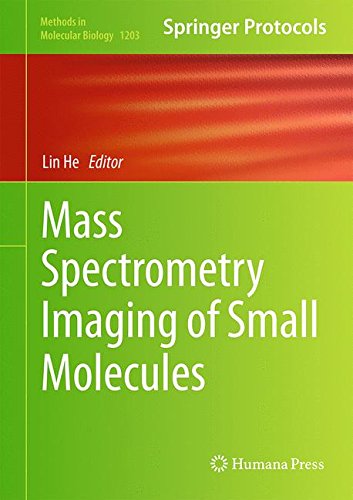

Most ebook files are in PDF format, so you can easily read them using various software such as Foxit Reader or directly on the Google Chrome browser.
Some ebook files are released by publishers in other formats such as .awz, .mobi, .epub, .fb2, etc. You may need to install specific software to read these formats on mobile/PC, such as Calibre.
Please read the tutorial at this link: https://ebookbell.com/faq
We offer FREE conversion to the popular formats you request; however, this may take some time. Therefore, right after payment, please email us, and we will try to provide the service as quickly as possible.
For some exceptional file formats or broken links (if any), please refrain from opening any disputes. Instead, email us first, and we will try to assist within a maximum of 6 hours.
EbookBell Team

4.1
90 reviewsMass Spectroscopy Imaging (MSI) has emerged as an enabling technique to provide insight into the molecular entities within cells, tissues and whole-body samples and to understand inherent complexities within biological metabolomes. In MassSpectrometryImaging of Small Molecules: Methods and Protocols, experts in the MSI field present techniques for 2D and 3D visualization and quantification of a wide array of small molecular species present in biologically relevant samples. Chapters provide detailed operational instructions from sample preparation to method selection, from comparative quantification to structural identification and from data collection to visualization of small molecule mapping in complex samples. Written in the successful Methods in Molecular Biology series format, chapters include introductions to their respective topics, lists of the necessary materials and reagents, step-by-step, readily reproducible protocols and notes on troubleshooting and avoiding known pitfalls.
Authoritative and easily accessible, MassSpectrometryImaging of Small Molecules: Methods and Protocols aims to bring the rapidly maturing methods of metabolic imaging to life science researchers and to minimize technical intimidation in adapting new technological platforms in biological research.